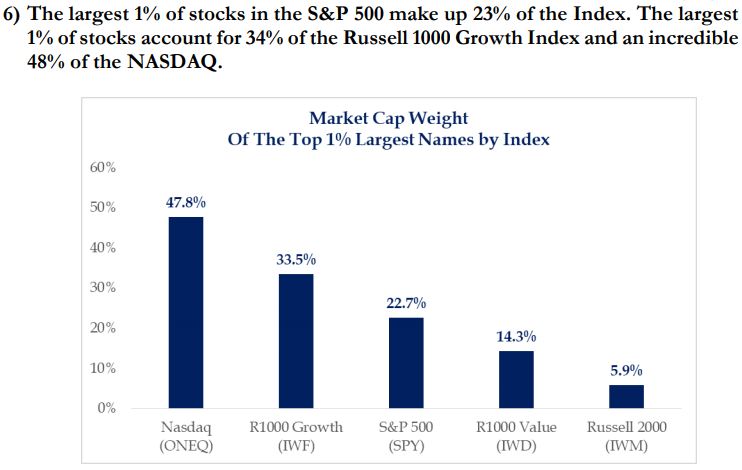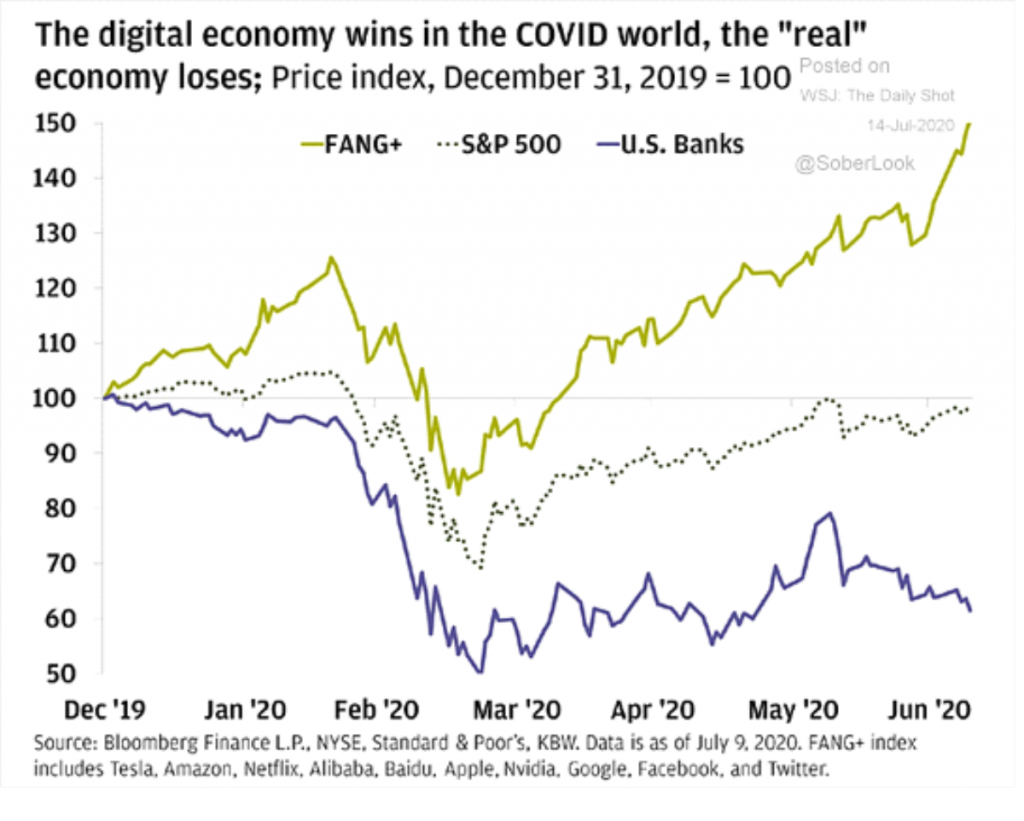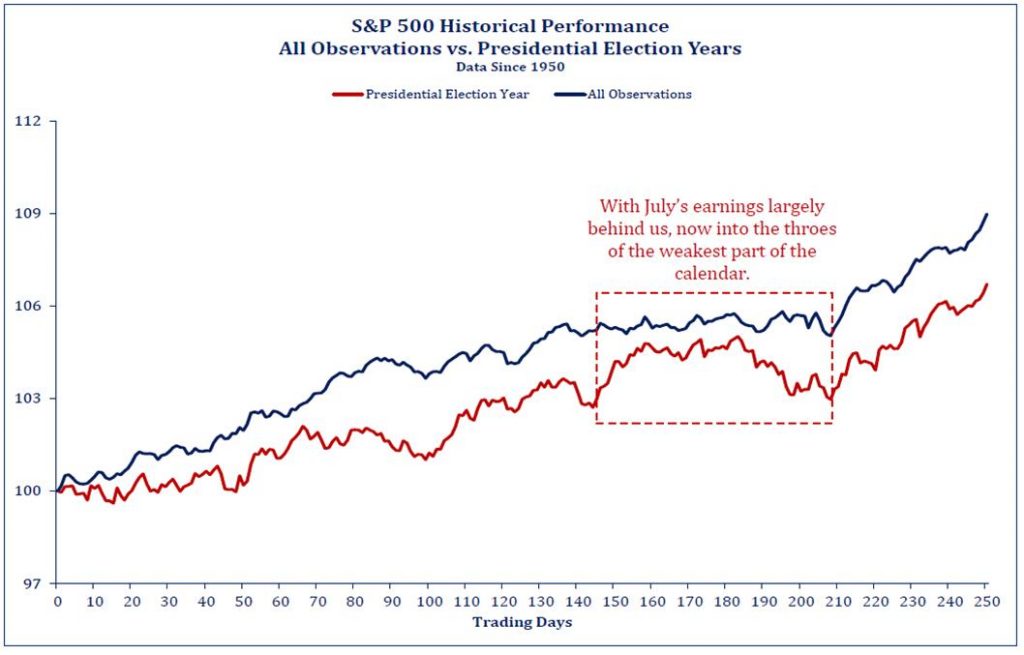Do you feel a little discombobulated by strange words? If someone is talking lots of gibberish, gobbledygook, and poppycock, they may be trying to discombobulate (verb) you. If you are very discombobulated (adjective), you are also flummoxed. Confused? That’s what these two words mean – “confuse” (19th century words).
Amazingly – time is flying; it is already more than 4 months since a large share of the global economy was mandated to a near-subsistence crawl. While there is evidence of emerging green shoots that suggest the trough levels are past, the persistence of COVID-19 with its related behavioral accommodations dampens reopening the economy and makes for an abnormal jagged experience.
US real economic activity plunged in 2Q, falling at a post-war record of -9.5% q/q, or a -32.9% annualized rate. German GDP declined -10.1% q/q or a -35% annual rate. 2Q was very weak globally because of the “Great Lockdown” as the IMF termed this health emergency. Initially, there were several months of a strong bounce because of fiscal stimulus measures. But, in recent weeks economic stats are weakening again, especially where the virus continues to spread. High lingering unemployment will hinder economic recovery – early job layoffs were concentrated in lower-income positions while more permanent layoffs are likely to be a mix of low and higher-income positions and not brought back quickly. Patching the lockdown (unemployment) with income replacement was critical, yet creates big deficit challenges moving forward particularly if/as schools operate with abnormal schedules (partial or staggered); slow reopening child-care options (40% of US family households have a minor child at home) also poses challenges for recovery of employment. Additional fiscal stimulus policy will be forthcoming to further patch recent weakness; the economy is not strong enough to stand on its own due to high unemployment. The Fed and other global monetary authorities will provide all-in “lending” support for financial and economic markets; yet their policies are insufficient to fix fiscal problems. Economic recovery will take longer than expected in a socially-distanced world. The second half recovery depends on 3 factors: the virus, Congress (fiscal policy), and the Fed (monetary policy); only the Fed is in the right place.
The financial markets continue to appear disconnected to the economy – market action in general over the past 4 months is amazing showing significant recovery almost as though COVID and the Great Lockdown did not happen. July provided a 4th monthly advance in the current rally, with the S&P500 rising +5.6%. That brings the advance since March 23 to +47.2%, and returned 2020 to a skinny YTD gain of +2.4%. Client portfolios of all objectives continue to recover value in similar fashion.
Bonds also continue to provide attractive strong returns. The taxable bond market is up +7.7% YTD. The last time the bond market generated a full calendar year performance better than +7.7% was in 2011, or 9 years ago when bonds gained +7.8%. Strong financial market action is largely the result of huge monetary and fiscal stimulus (money growth) both here and globally; excess money boosts financial asset prices. Tactical adjustments pursued in April are proving helpful – boosting small and mid-size stock fund exposure; foreign stock funds are also advancing too. Client portfolios were not “quarantined” during these most uncertain times. We continue to pursue “healthy” investment processes that are time tested and proven.
Last thought on the markets – Be careful, not lackadaisical in the “new abnormal.” Passive stock strategies appear more aggressive than most investors may understand. Once a blessing could now be considered a curse – blessing because active strategies lagged the “own it all” approach; curse because one approach does not prove “best” forever. Did you know, the S&P500 index (passive strategy that 500 stocks should be considered broadly diversified) holds 5 stocks whose combined weight exceeds 23%? [see chart below] So much for diversification… In 2000, the 5 largest stocks making up the S&P500 index comprised 18% of the total; and that was at the market top of the technology bubble. The “digital” names are the story of the day during COVID. Today, the 5 stocks (Facebook, Microsoft, Apple, Google, and Amazon) are often considered “technology” names, even though they reside in different economic sectors. Further, these “Fab Five” of the index jumped an astounding +32% YTD, while the performance of the 495 other names is down -7.7%. The over concentration of many passive investments may be too aggressive for the average investor; and because they “own it all” which includes many “zombie” companies surviving on government aid, risk is greater than many active managed funds which employ a disciplined investment process. Be careful, the role of valuation in future returns is important when combined with the concept of risk and volatility. In the short term, we expect that seasonal factors including election year uncertainties with choppy economic recovery could create a sideways pattern and boost market volatility following 4 strong performing months.
Let’s return to more words,… how about Kerfuffle? Cacophony? Hullaballoo? Woebegone? Do you recognize and/or know the meaning of these “weird” words?
These seldom used words were selected because they are in the realm of a frequent question or comment we are receiving from clients. Many are asking if their investment portfolio objective should be made more conservative (Q: should we “quarantine” it), because of concern about the future – election year and politics; COVID; back to school uncertainty; Flavortown (proposed name change for Columbus…); even fall sports – football. Are you worried about these issues and more; feeling very flummoxed or discombobulated; wanting to “hide” until next year? Does your world feel upside-down? [Good news – the decreasing trend in new COVID cases is real. These worries have expiration dates!!]
These current concerns are “real” in most respects. We are not going to “white wash” them into lesser meaning or importance. But, let’s gain understanding via the root meaning of “weird” words. Kerfuffle (Scottish Gaelic or Celtic Irish; around since early 1800s) relates to “what’s all the shouting for? Why are you making such a kerfuffle?” It means to make a fuss or a bother, usually when people have different points of view – make some noise. You could use another word, hullaballoo. Cacophony (entered English in mid-1600s) relates to noise; a cacophony is a mixture of horrible sounds (imagine birds screeching, alarm bells ringing and babies screaming simultaneously). Another terrific word is woebegone. What does a woebegone person look like? It’s two parts, woe (extreme sadness) and begone (old-fashioned English word meaning surrounded by something), combines to mean ‘surrounded by sadness’. The next time your friend looks sad, ask “why do you look so woebegone?”
Why are many so unhappy? Talking with many different folks, I discover they are weary of abnormal life; weary of being bombarded by bad and fear, tired by manipulated cherry-picked or false data without context about COVID*, violence, and …everything. Peggy Noonan (speechwriter for Presidents Reagan and Bush) wrote “it is embarrassing to live in the most comfortable time known to man, and not be happy (book: What I Saw at the Revolution).” We expect to be happy; we search for happiness. Even the Preamble to our Declaration of Independence promotes the “pursuit of happiness.” “If we only believe in a flat world, we will never find it,” says Noonan. Some clients are asking if it is appropriate to change their investment objective to a more conservative one, not because their purpose and time changed; but because of concern for the near future. The media lost the tenets of their profession; they are out of control, and ultimately doing severe damage to press freedom. It is difficult to trust them as credible, fair-minded, and as an unbiased news source. The essence of client unease and unhappiness is constant (24×7) bombardment of bad, manipulated, out of context, incomplete information. This toxic environment creates mental anguish, which then suggests it’s appropriate to modify one’s investment objective. After all, “the world is coming unglued, and all is going to rot. I better take action by shifting to a conservative posture with my savings.”
This summer, I read two books (good information, but topics can hit the bad side hard) – The Power of Bad (2019, by John Tierney & Roy Baumeister), and Unfreedom of the Press (2019, by Mark Levin) – both different discussion yet with a common big thread. We mentioned in a recent quarterly newsletter the phrase “merchants of bad” (media, politicians, and experts), who regularly make a crisis a crisis. “Oh, aliens from outer space are coming!” The world will always seem to be in a crisis. The crisis is never as bad as it sounds (or pundits/experts make it sound); and the solution could make things worse. Call it the crisis crisis! The “merchants of bad” or “fear” are like bloodhounds seeking to create social activism and a sad life. Jason Riley (well-regarded Black editorialist) wrote, “Politicians tend to be more interested in winning votes than in facts, logic and consistency.” Normal standards do not apply for the “merchants of bad;” they play with real.
Investors are challenged to understand real true facts without opinions. Any of us can become “woebegones” from opinionated media and entertainment programming, and by politicians who are incapable of working together. No, this is not naivety Pollyanna. “All sunshine will ultimately create a desert.” For us at Nvest, we are constantly seeking “wholeness of truth with fair presentation.” We attempt to monitor research that reports facts without bias opinions. We recognize history provides relevance and man is likely to repeat past mistakes because they cannot accept the past – believing “it’s wrong.” No; much can be improved via understanding about the past/history; experience counts. Underlying fundamentals and valuation do provide guidance to creating a “healthy” investment portfolio structure that weathers uncertain moments in time (that always occur). If you are hearing cacophony and kerfuffle from the media, politicians, and experts; or suffering from woebegone symptoms, turn them off. Understand and/or stop reading/listening to their “interpretive reporting” – biased opinions and propaganda designed to manipulate. This election year is keenly toxic because it excludes moral/political values of a large population of Americans. Seeing clearly in “2020 vision” requires controlling one’s thought life via what information you take into your mind. In spite of abnormal, you can live normal – mentally by controlling your thought life, and financially by following disciplined practices that keep time your greatest ally.
As you consider investing during this challenging time, remember the market always lives with uncertainty; uncertainty is always changing its appearance and has expiration dates. If you consider changing your investment objective because of toxic media and political noise, dismiss it. The financial markets do not watch these noise issues. Please dust off our February commentary, “Red, Blue & You.” It shared historical fact (since 1936) that an investment (in stocks) made at the beginning of a presidential election year, always provided an attractive positive growth experience over the ensuing 10 years. In 19 of 19 ten-year periods, an investor earned a positive return, with 15 of those 19 ten-year periods doubling the original investment. No single 10-year period generated a loss from the original investment. And, it did not matter if a Republican or Democrat won. The important influence on the size of the gain related to the underlying economic environment. Success accrued to those who invested and stayed invested. Do NOT change investment objectives because it’s an election year or who wins office.
PS: “Gesundheit” is the German word offered when someone sneezes. It literally means “health,” so saying it after one sneezes means “Good health to you.” The English expression is “God bless you” or meaning “May God bless you with good health.” What does “blessing” mean? Why say “God bless you” or “Blessings” when parting or signing off? The word “blessing” literally means “happiness.” Blessed or happy is the person who looks for, and seeks good (not bad)! “Happiness is not something you postpone for the future; it is something you design for the present” (Jim Rohn).
* Did you see these unbiased facts on COVID (as of 8/6/2020)?
- John Hopkins reports 59,700 new US cases, down 12.3% vs. 68,000 the previous week.
- Testing fell week-to-week for the past eight straight days.
- Hospitalizations lag cases so their decline is not as widespread as that of cases; fell in 25 states over the past week; the decline will broaden over the next week.
- Deaths look to be peaking a bit earlier than expected, and lag hospitalizations.
- A common factor in second waves everywhere is much lower hospitalizations and death rates, due to a combination of younger “infectees” and better treatment.
- IF death rates continue to fall, expect policymakers to come under pressure to reduce restrictions even if case numbers don’t return to their previous lows.
Author: Bill Henderly, CFA | Nvest Wealth Strategies, Inc
Printer-Friendly PDF: Weird Words – August 2020


